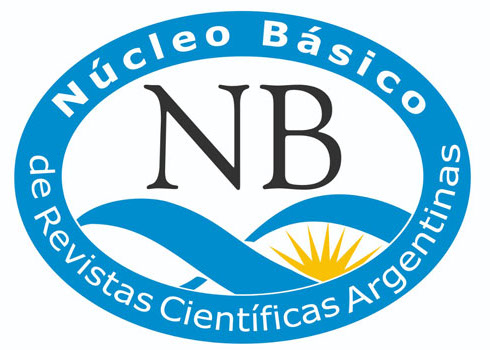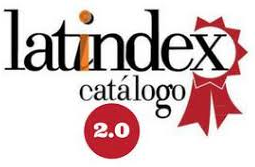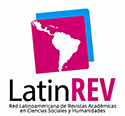“This is an example not only for their Qom race but for all the youth of Formosa”. Cultural heritage and indigenous music in Formosa’s controversial politics
Abstract
We analyze recent cultural policy in the province of Formosa, Argentina, regarding indigenous intangible cultural heritage, particularly the music of the Toba or Qom. Our hypothesis is that the provincial government has strategically instrumentalized these cultural policies in order to create the image of an administration that ideologically endorses global discourses imposed on democracies (such as “multiculturalism” and “the safeguarding of cultural heritage”). At the same time this legitimizes a provincial imaginary of “being Formoseño” that identifies itself as “multicultural” but on the other hand invisibilizes contemporary indigenous people, masking conflicts and inequalities.Downloads

Runa, archivos para las ciencias is a publication of the Instituto de Ciencias Antropológicas, Facultad de Filosofía y Letras, Universidad de Buenos Aires and is distributed under a Creative Commons Attribution 4.0 International License.
Runa maintains its commitment to the policies of Open Access to scientific information, considering that both scientific publications and publicly funded research should circulate on the Internet freely, free of charge and without restrictions.
The contents and opinions expressed in published articles are the sole responsibility of their authors.



















